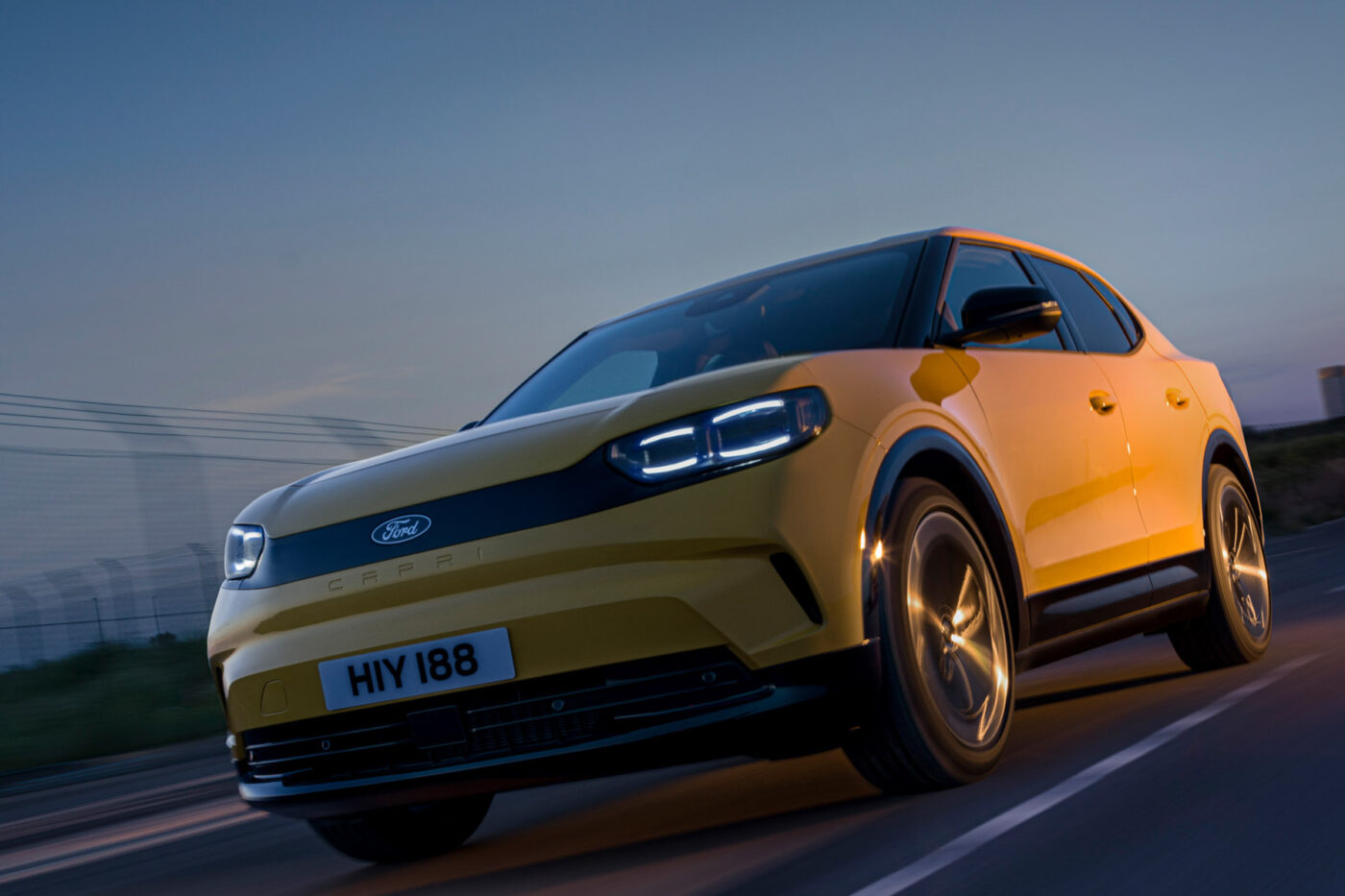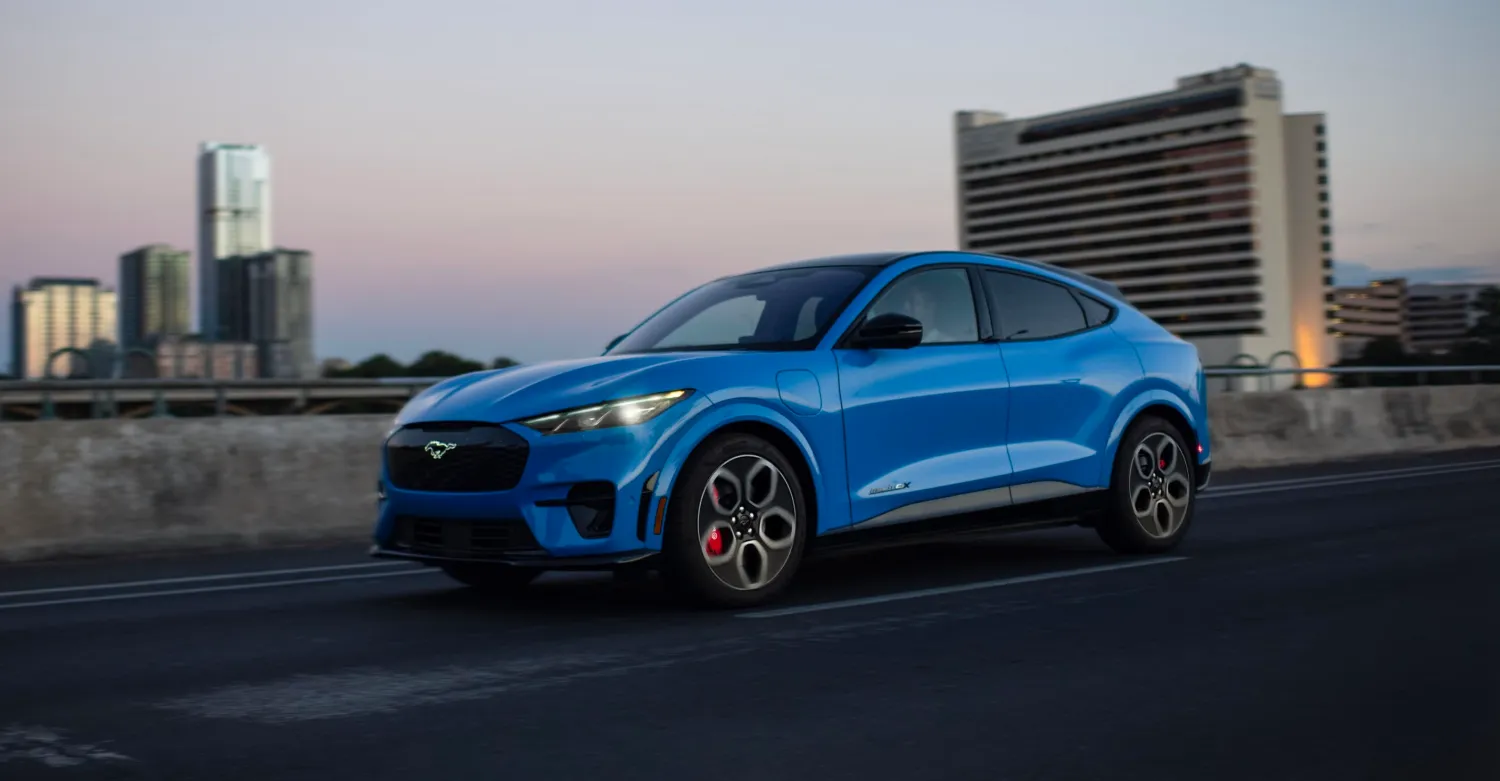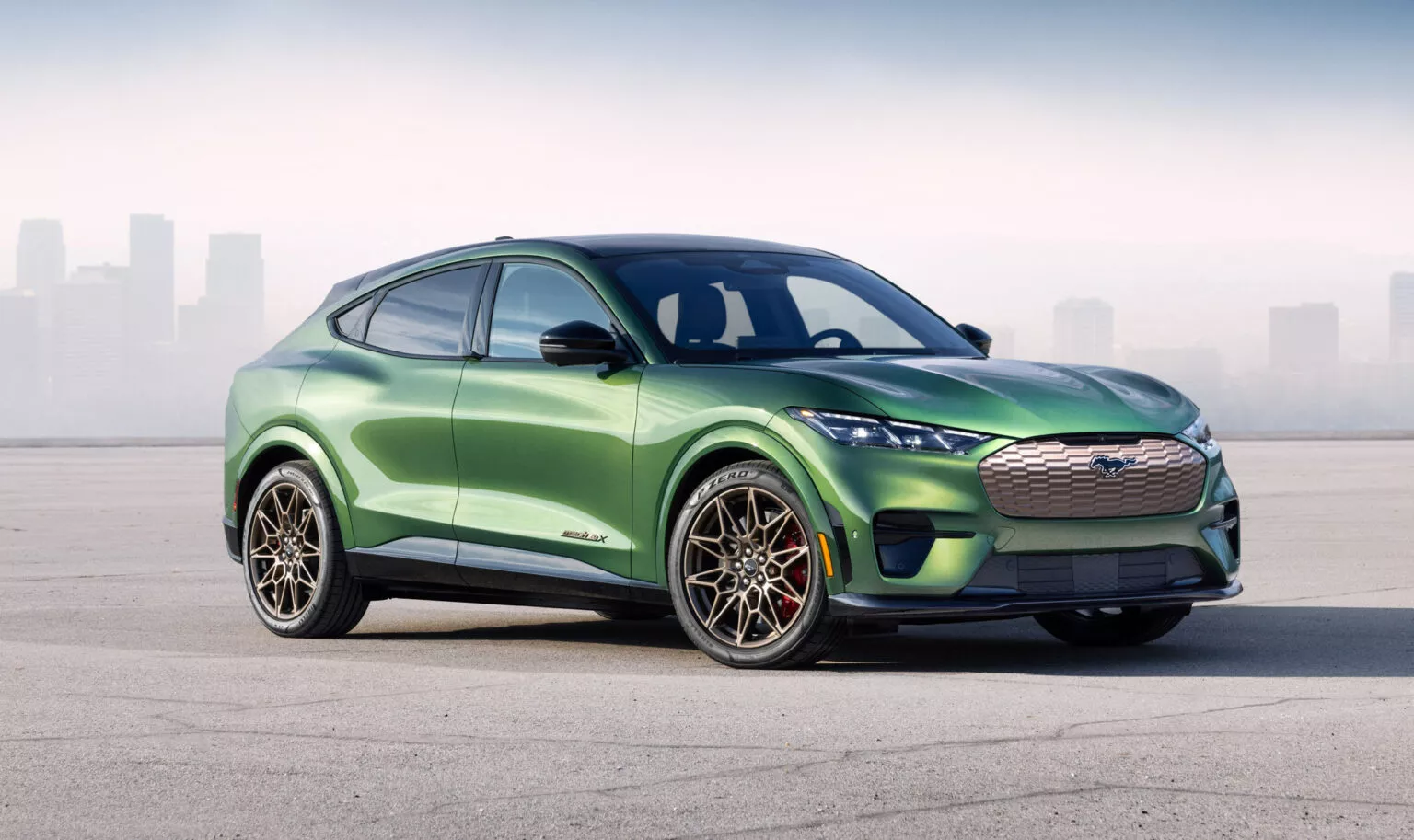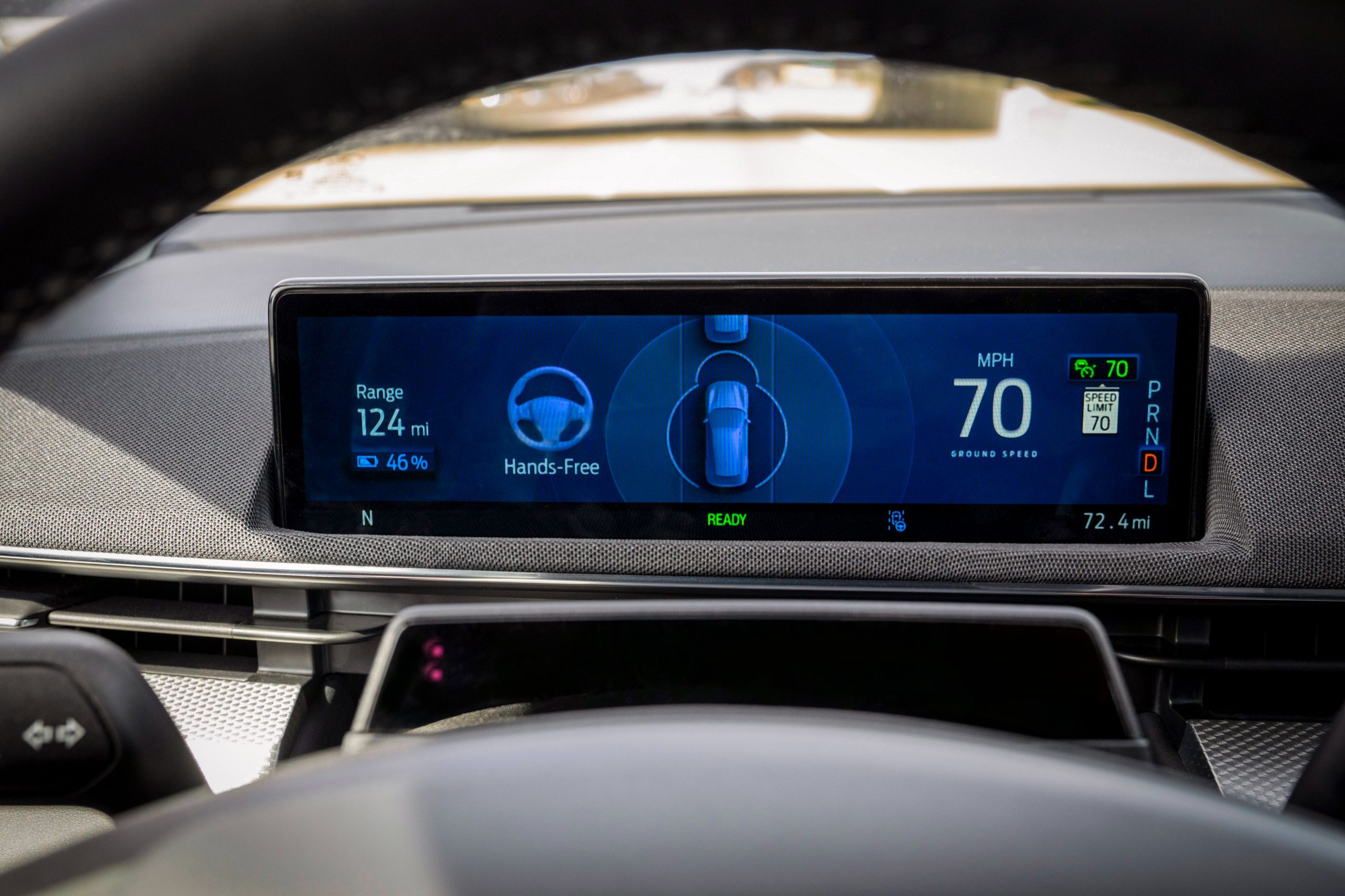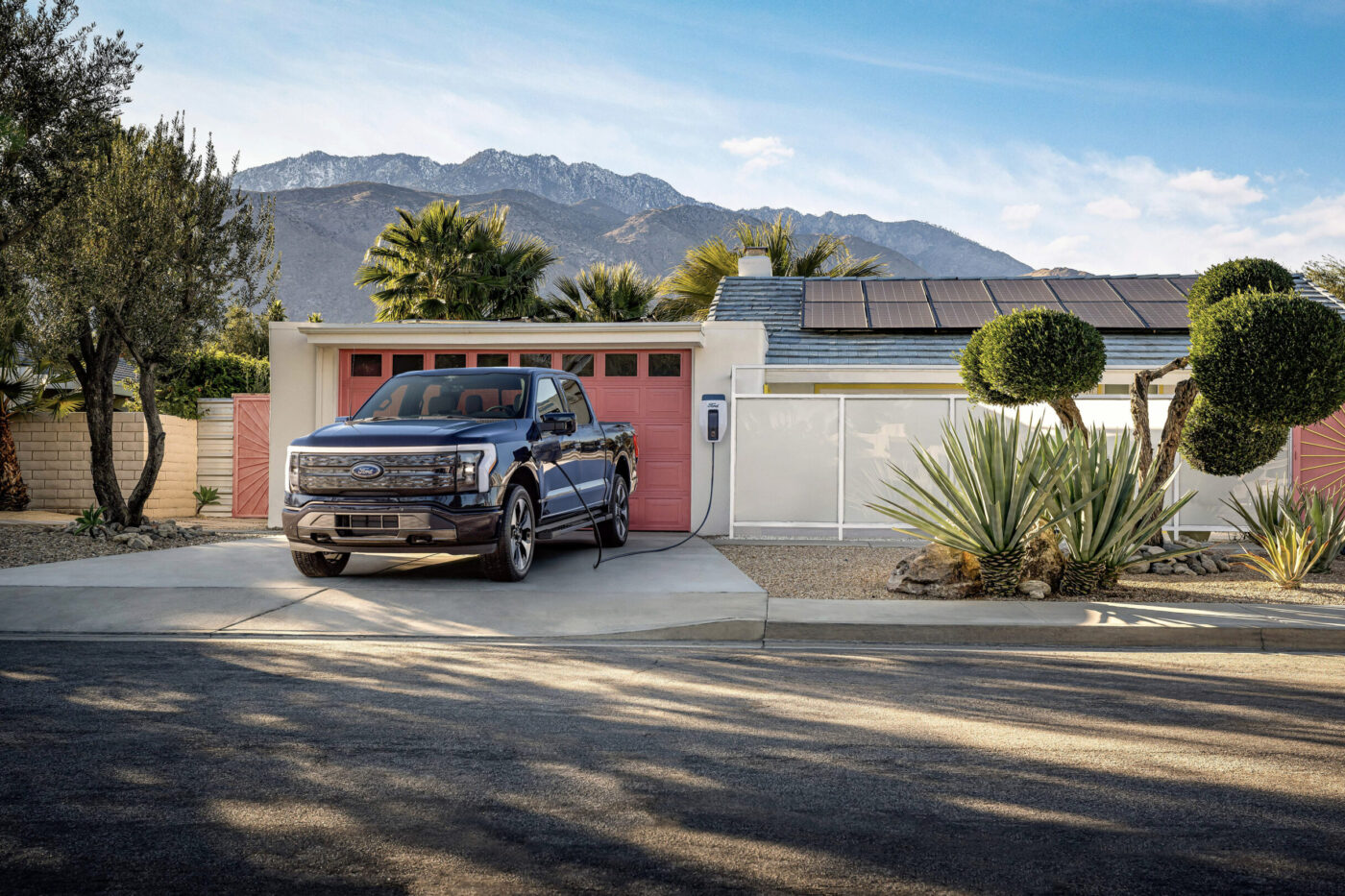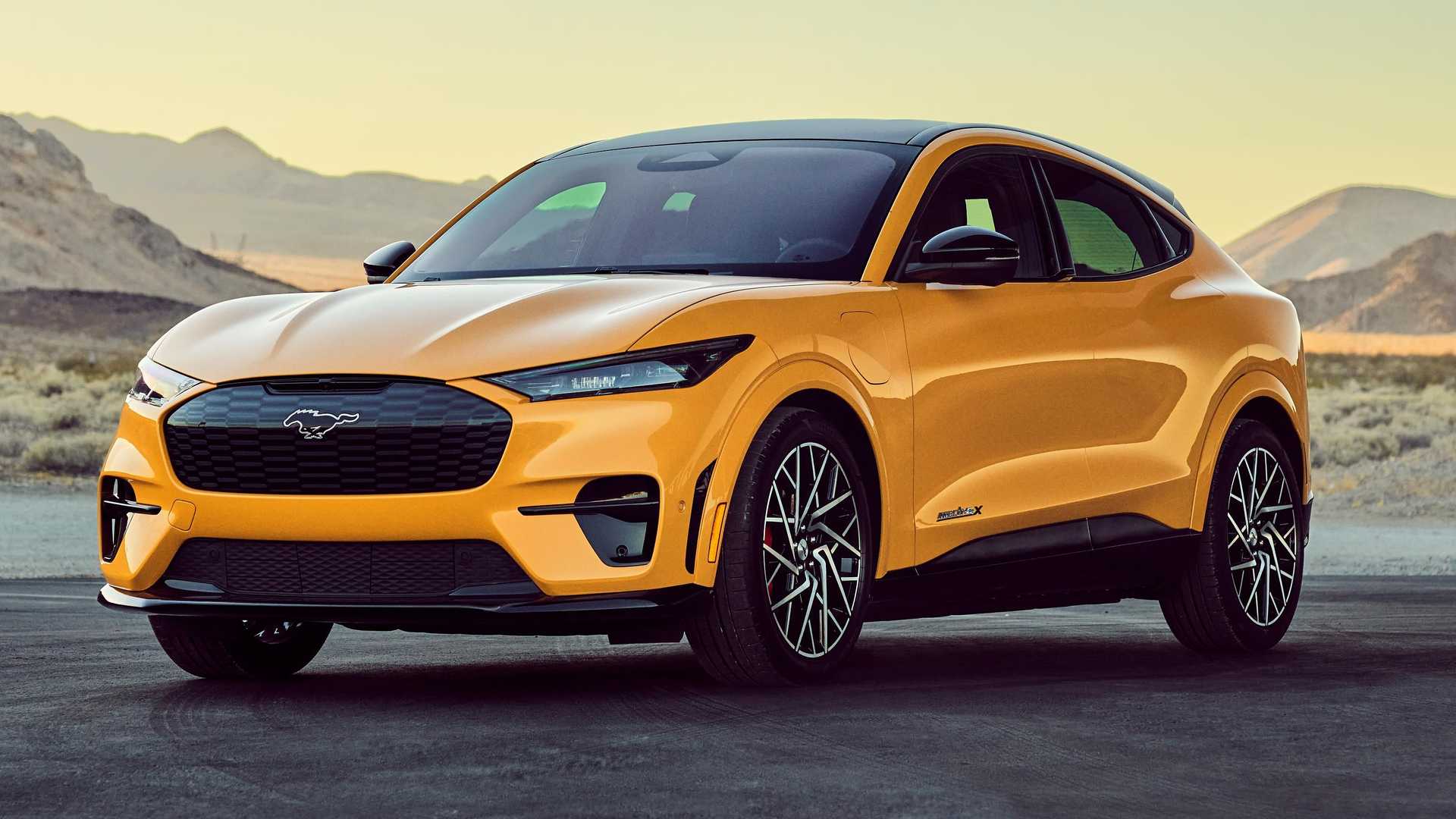Ford has revised its strategy for the European market, announcing that it will continue offering combustion engine vehicles and hybrids alongside electric vehicles (EVs). This shift comes in response to slower-than-expected adoption rates for EVs and ongoing challenges related to battery costs and regulatory uncertainties.
Marin Gjaja, Chief Operating Officer of Ford’s Model E electrification division, addressed the company’s revised plans in an interview with British Autocar. Gjaja cited high battery costs and uncertain EV legislation and incentives as factors contributing to the decision to maintain a diverse powertrain portfolio. “I don’t think we can go all in on anything until our customers decide they’re all in, and that’s progressing at different rates around the world,” Gjaja stated. “We don’t see that going all-electric by 2030 is a good choice for our business or, especially, for our customers.”
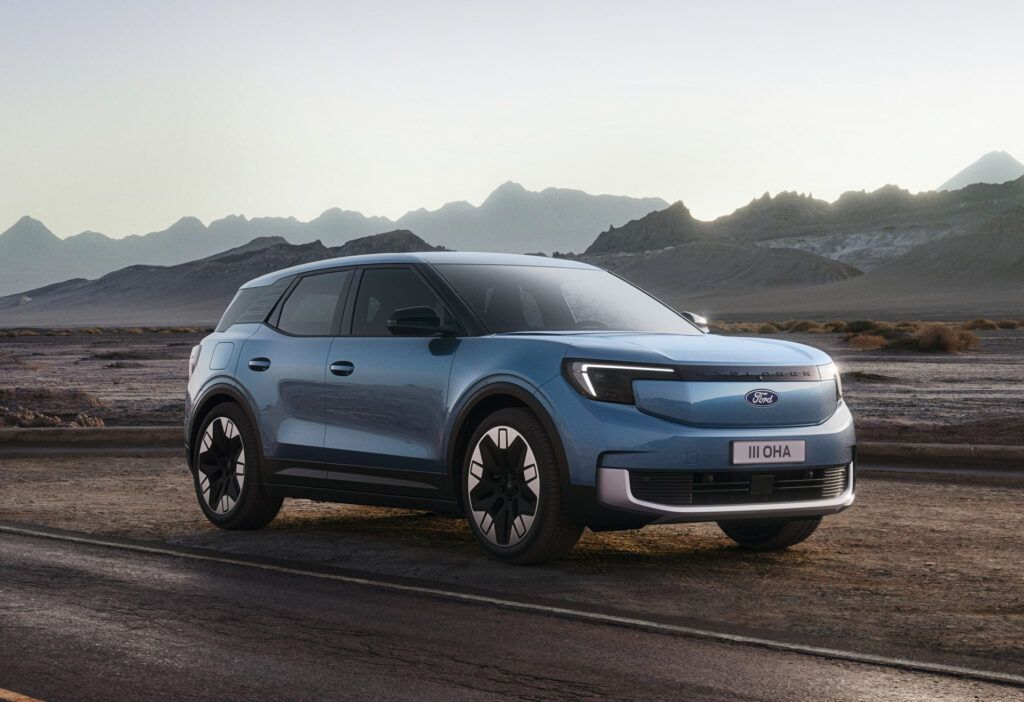
While Ford remains committed to electrification as a long-term goal, Gjaja emphasized that the company’s focus will now be on achieving a “highly electrified fleet,” with the possibility of becoming fully electric depending on future developments in battery technology and energy density. “That’s a destination, and is that ten years out or is that 30 years out? I don’t think anyone’s crystal ball is good enough to say,” Gjaja added.
Ford had initially aimed to sell only EVs in Europe by 2030, with a target for two-thirds of its commercial vehicle sales to be all-electric or plug-in hybrids. Gjaja acknowledged that this goal was “too ambitious” and has since been reassessed.
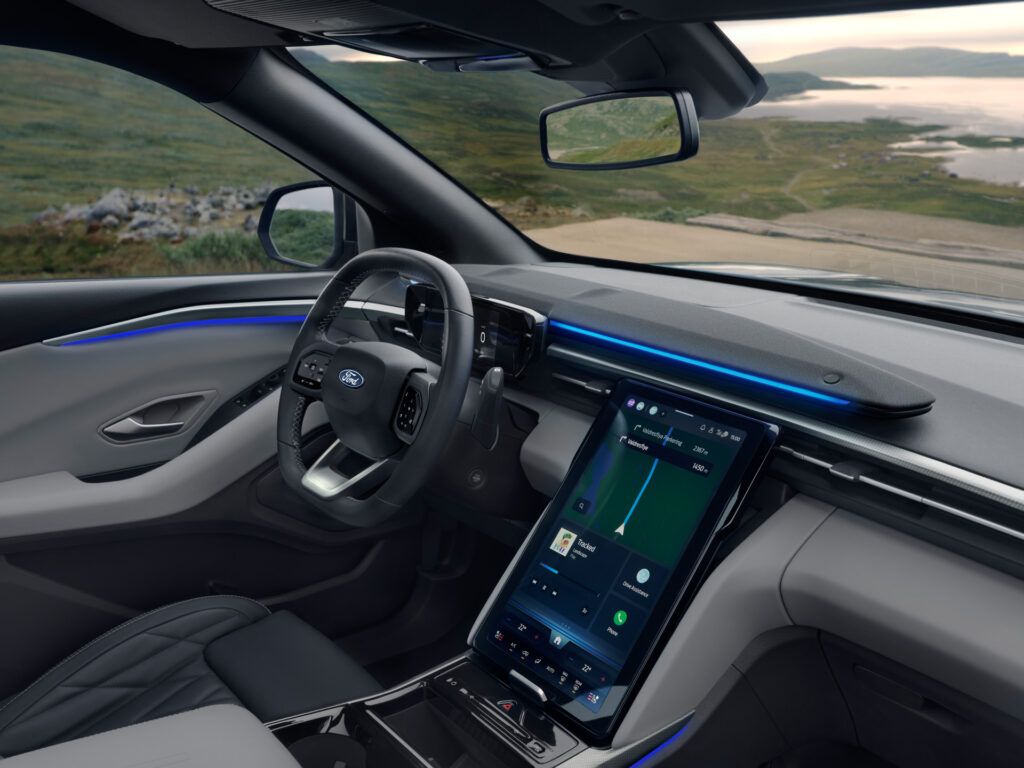
In June 2023, Ford inaugurated its Electric Vehicle Centre in Cologne, Germany, where it is currently producing the all-electric Explorer and Capri. The company invested $2 billion to retrofit the plant for EV production. The future of Ford’s Valencia, Spain factory remains uncertain, though Gjaja hinted at the development of a ‘multi-energy platform’ for European vehicles.
“We’re going to bring something to Valencia, but we haven’t committed to what that’s going to be,” Gjaja said. “I think it’s going to be multi-energy. That’s our current thinking, because we think it gives us the best chance of success given the European market and where we are in adoption.”
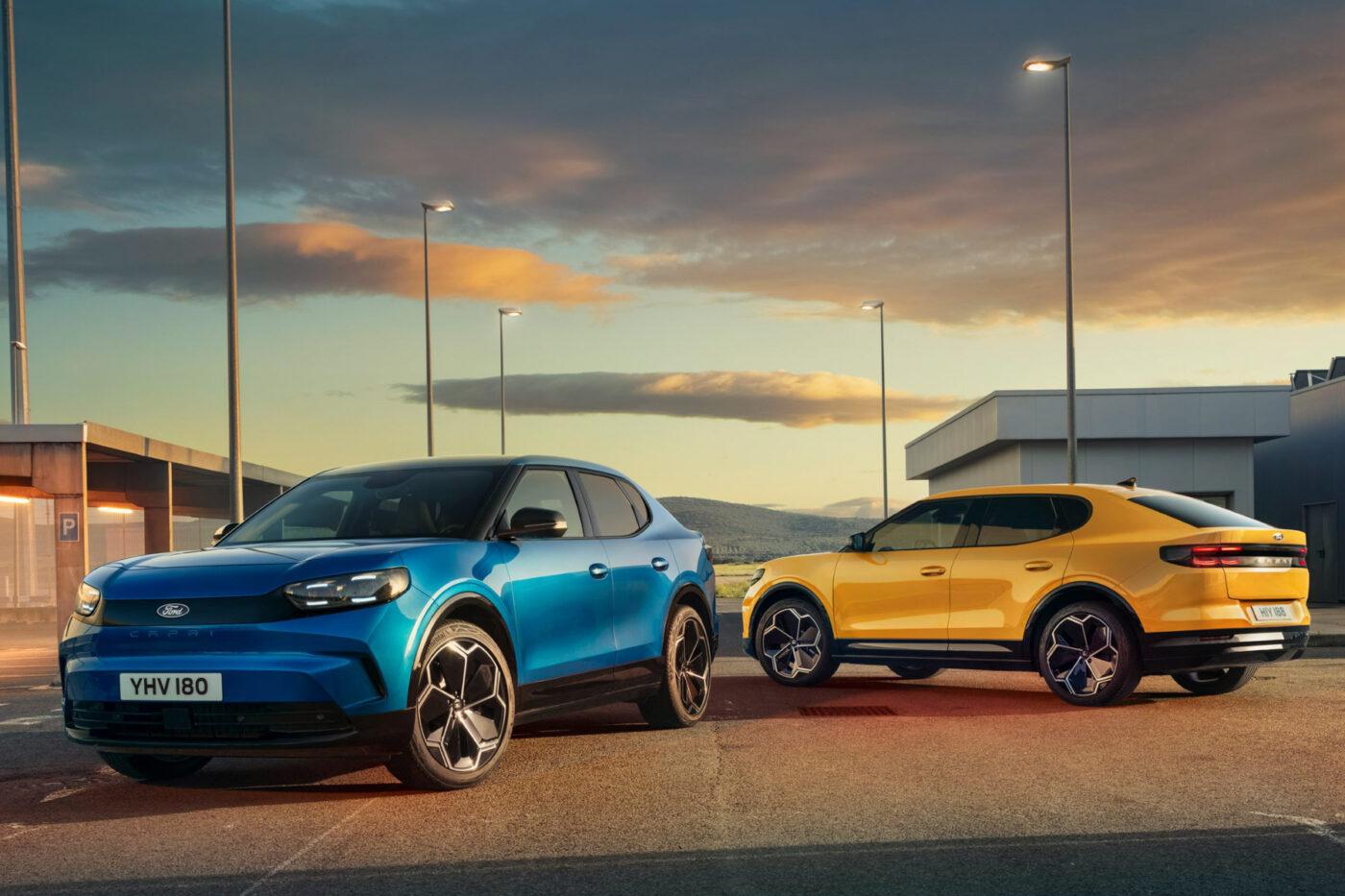
The new multi-energy platform is expected to produce its first vehicle by 2027, with an annual capacity of 300,000 units. Speculation suggests it may be a new-generation Kuga, although this has yet to be confirmed.

